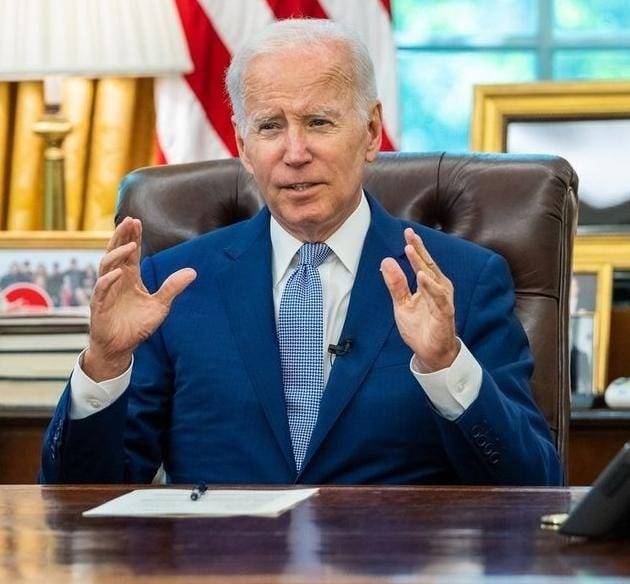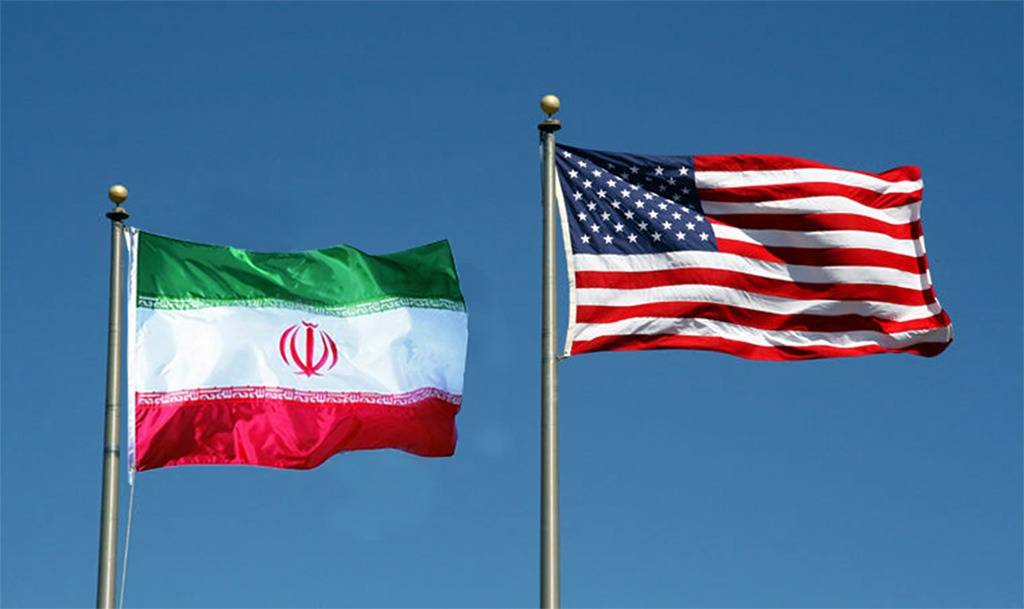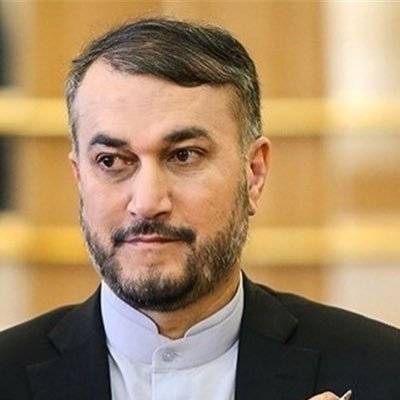The Biden administration and EU foreign policy chief Josep Borrell have said Iran appears to have dropped some of its demands in responding to a proposal to revive its nuclear deal…reports Asian Lite News
The Biden administration and EU foreign policy chief Josep Borrell have said it was “encouraged” that Iran appears to have dropped some of its demands in responding to a proposal to revive its nuclear deal, stressing that Washington is working to “quickly” secure a mutual return to compliance with the agreement.
State Department Spokesperson Ned Price told that the United States is formulating a response to Iran’s reply to the European Union-led proposal and will convey it after internal consultations and talks with allies.
Price suggested that Iran is no longer calling for the removal of its Islamic Revolutionary Guard Corps (IRGC) from the US list of “foreign terrorist organizations” (FTO) – a request that had been explicitly rejected by President Joe Biden.
“We are encouraged by the fact that Iran appears to have dropped some of its non-starter demands, such as lifting the FTO designation of the IRGC. But … there are still some outstanding issues that must be resolved, some gaps that must be bridged if we are able to get there,” Price said.
The 2015 multilateral pact, which was nixed by former US President Donald Trump, saw Iran scale back its nuclear programme in exchange for the lifting of international sanctions on its economy.

Tehran has been advancing its nuclear programme since 2018 in response to a “maximum pressure” campaign of sanctions by Trump that the Biden administration continues to enforce.
Numerous rounds of indirect negotiations in Vienna and Doha between Tehran and Washington over the past 16 months have failed to secure a path back to the deal, formally known as the Joint Comprehensive Plan of Action (JCPOA).
On Monday, Price defended the Biden administration’s push to rejoin the accord, calling the JCPOA “the most effective means” to address concerns about the Iranian nuclear programme.
“We have said since we first started down this road in the spring of last year that if Iran is prepared to fully implement its commitments under the 2015 deal, then we are prepared to do the same,” Price said.
Meanwhile, Borrell said Iran had given a “reasonable” response to the final text of a proposed new agreement, and the ball was now in the US court.
Efforts to restore the Joint Comprehensive Plan of Action — the 2015 agreement between world powers and Tehran aimed at curbing Iran’s nuclear program in return for the lifting of sanctions — are at a critical point after 16 months of on-off indirect talks in Vienna.
“A meeting was scheduled to take place in Vienna at the end of last week, but it was not possible,” Borrell said. “It is possible that it could take place this week.”
Borrell said the negotiations brokered by the EU had gone as far as they could go and “this is the inflection point.”
He said: “There was an Iranian response that I considered reasonable to transmit to the US.

“The US has not formally replied yet. But we are waiting for their response and I hope that response will allow us to finish the negotiation — I hope so, but I can’t assure you of it.”
The original 2015 agreement collapsed in 2018 when the US withdrew and President Donald Trump reimposed crippling economic sanctions on Iran. Tehran responded by breaking its commitments under the JCPOA and steadily enriching its stock of uranium to close to weapons-grade levels.
Iran accused the US on Monday of delaying a revival of the agreement. Foreign Ministry spokesman Nasser Kanaani said Tehran wanted a sustainable deal that would preserve Tehran’s “legitimate rights.”
“The Americans are procrastinating and there is inaction from the European sides. America and Europe need an agreement more than Iran,” Kanaani said.
“Until we agree on all issues, we cannot say that we have reached a complete agreement. We seek a good agreement that would guarantee Iran’s national interests and would be long-lasting. We won’t be bitten twice.”
In Israel, Prime Minister Yair Lapid said the terms of the revived agreement “go beyond the limits of the original JCPOA,” and warned that restoring the deal would boost funding to Iran’s proxy militia fighters in Iraq, Lebanon and Yemen.
“It will pave the way for significant investment to flow into Iran’s terrorist network and for strengthening the Iranian military,” Lapid said. “Israel opposes a return to the deal and will not be obligated by such an agreement. Israel will continue to do everything to prevent Iran from attaining a nuclear capability.”

Leave a Reply